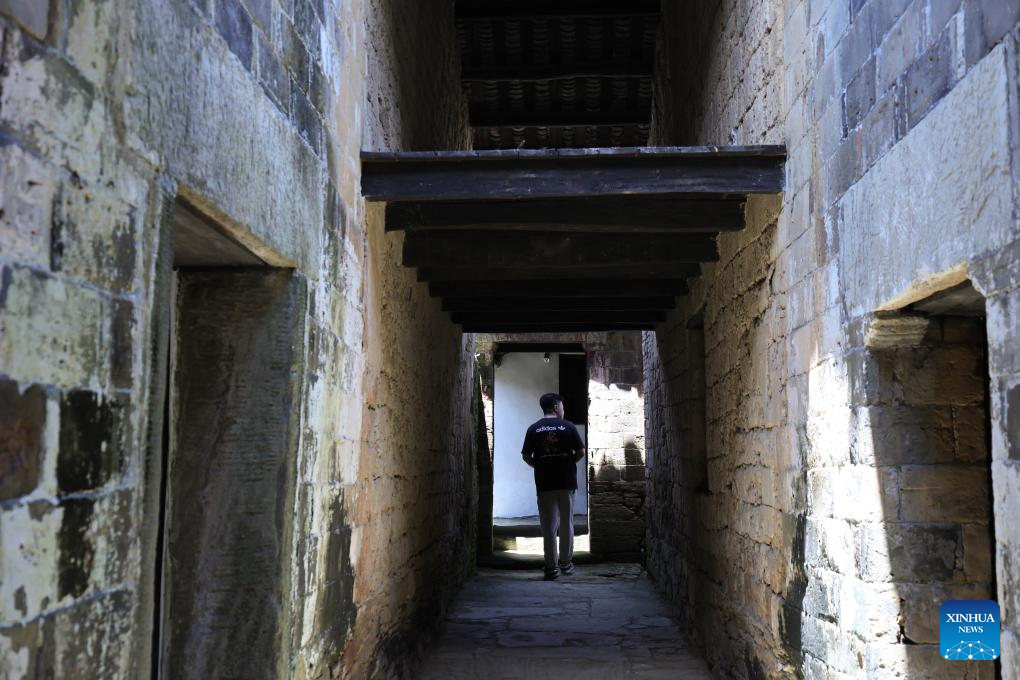American journalist's photos and writing rekindle China's wartime memories


The memorial and the historical site have emerged as a prominent center for patriotic education over the past years, drawing more than 300,000 visitors annually through its immersive revolutionary-themed study programs.
"These quiet, personal memories, like Sheng's bowed head, add depth to the grand narrative of resistance," said Fu Bo, who oversees Dawu's revolutionary heritage sites. "They help today's youth understand that victory was not just about battles, but about choices, courage and sacrifice."
Now 70, Song is a member of the Beijing Society for the New Fourth Army. Raised on stories from his mother's generation and inspired by works like Smedley's, he is committed to transforming his family legacy into a shared public memory -- one that highlights how the Chinese people, along with others around the world who stood for peace and justice, came together to win the war of national liberation.
"Some memories shouldn't be kept in a photo album," he said. "They belong to all people and not just as reminders of the past, but as truths that still shape who we are."
























